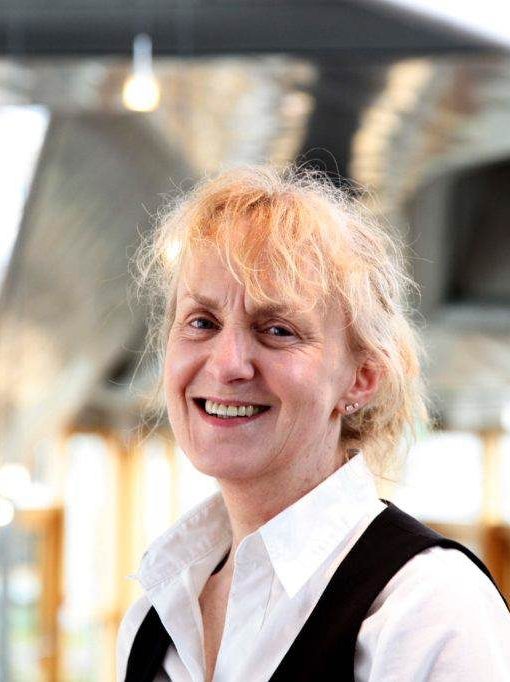
Valuation of a deceased person’s estate – some practical information for executors
QLAdmin
Executors of Wills in Scotland may wonder what confirmation of estate means or how to get probate in Scotland, what happens to debts when someone dies and how does probate work without a Will. They may choose to employ a solicitor to help them wind up an estate or they may decide to deal with it themselves. Here is some information which may assist executors with the steps which have to be taken when administering an estate, but Kay Blaikie at Quill Legal Executry Solicitors would be happy to assist. Please contact us by using our contact form or by telephoning us on 0131 564 1044.
Executors
These are the decision makers when an estate has to be wound up after a death.
Confirmation
A grant of confirmation from the Sheriff Court is the equivalent of probate in England. This document and the certificates of confirmation give the executors the authority they need to collect estate funds and to transfer title to any property that belonged to the deceased person.
Bond of caution
Where there is no Will, it is likely to be necessary to obtain this type of insurance, which is designed to protect the interests of any beneficiaries of the estate.
Inventory of assets
This is a list of all the things owned by the deceased at the time of death. The executors have to draw it up and lodge it in court along with an application form for confirmation and the Will, if there is one.
Valuation
The assets have to be given a value before they can be listed and it is the executors’ job to obtain correct values for the deceased’s possessions. The net estate value is arrived at by adding together the funds held in any bank or other accounts, the value of any investments and shareholdings, land and buildings, personal possessions, insurance policies and such like. The cost of the funeral, if any, can be deducted as well as the total of any debts due by the estate.
Reliable valuation methods
- House or other property: A surveyor should be engaged where the estate is likely to be taxable or there is any doubt, but otherwise a Zoopla or similar valuation would be adequate.
- Furniture and personal effects: Generally, there is little resale value in second-hand furniture, but antiques, works of art, jewellery and items such as pianos may merit using an auctioneer or other professional valuer; this would be particularly so where the items are intended for distribution to beneficiaries rather than for disposal.
- Bank accounts, insurance policies and such like: The fund holders will provide statements showing an adequate value for the purposes of confirmation.
- Shareholdings: These can be valued by reference to the advertised date of death value, but otherwise a stockbroker will provide a professional valuation.
- Business interests: Annual accounts should be brought up to date to provide a date of death value; an accountant may need to be involved, depending on the nature of the interest.
- Joint assets: If funds are held in the name of two persons living together, the approach is generally to allocate half the funds to each, but the circumstances of each account should be considered. The title of jointly held property should be examined to see if there is a survivorship clause, which would mean that the half share would pass automatically to the survivor; it would not need to be included in the inventory for confirmation. This is an area where executors would benefit from the advice available from executry lawyers in Edinburgh and Scotland.
- Gifts: If the deceased gifted any items such as jewellery or funds in the seven years before death, those which are not covered by the various reliefs or exemptions available will need to be taken into account when arriving at the valuation of the estate.
Allowable deductible sums
- Funeral costs: It is generally accepted that the costs may include the headstone or plaque, flowers and church or other gathering place expenses.
- Liabilities: These might include any loans taken out in the name of the deceased, a mortgage, vehicle finance, utility bills, pension overpayments by the Department for Work and Pensions or private pension providers, income tax due by the deceased and credit card accounts. The debts that can be deducted from the overall value of the estate are those that existed at the date of death. Executors can ask the deceased’s bank for statements, which will provide a lot of useful information and show any regular payments made or received.
- Taxation: If the total net value of the estate is over the inheritance tax threshold, there may be inheritance tax to pay, although a number of exemptions may apply. The tax should be paid within six months of the death.
Legal rights, prior rights
It is important that a calculation of any entitlements to funds under these headings is made as soon as the figures become available. This is a complicated area and the best approach is to seek legal advice from executry solicitors in Edinburgh.
Distribution
Creditors have six months to lodge a claim against the estate and so funds should not be distributed before that period has passed. Funds will be distributed either according to the Will or in line with the rules of intestacy where there is no Will. Legal advice would be advisable where there are prior or legal rights claimants or where there is any family dispute.
If after reading this article you would like to obtain executry services to assist you with the winding up of an estate, please get in touch by using our contact form or by telephoning us on 0131 564 1044.

Kay Blaikie
Principal of the Firm
Get in touch with me when you need reliable legal advice on any aspect of Executries, Wills, Powers of Attorney and Notarial services.
Email: kay@quilllegal.co.uk
Telephone: 0131 564 1044